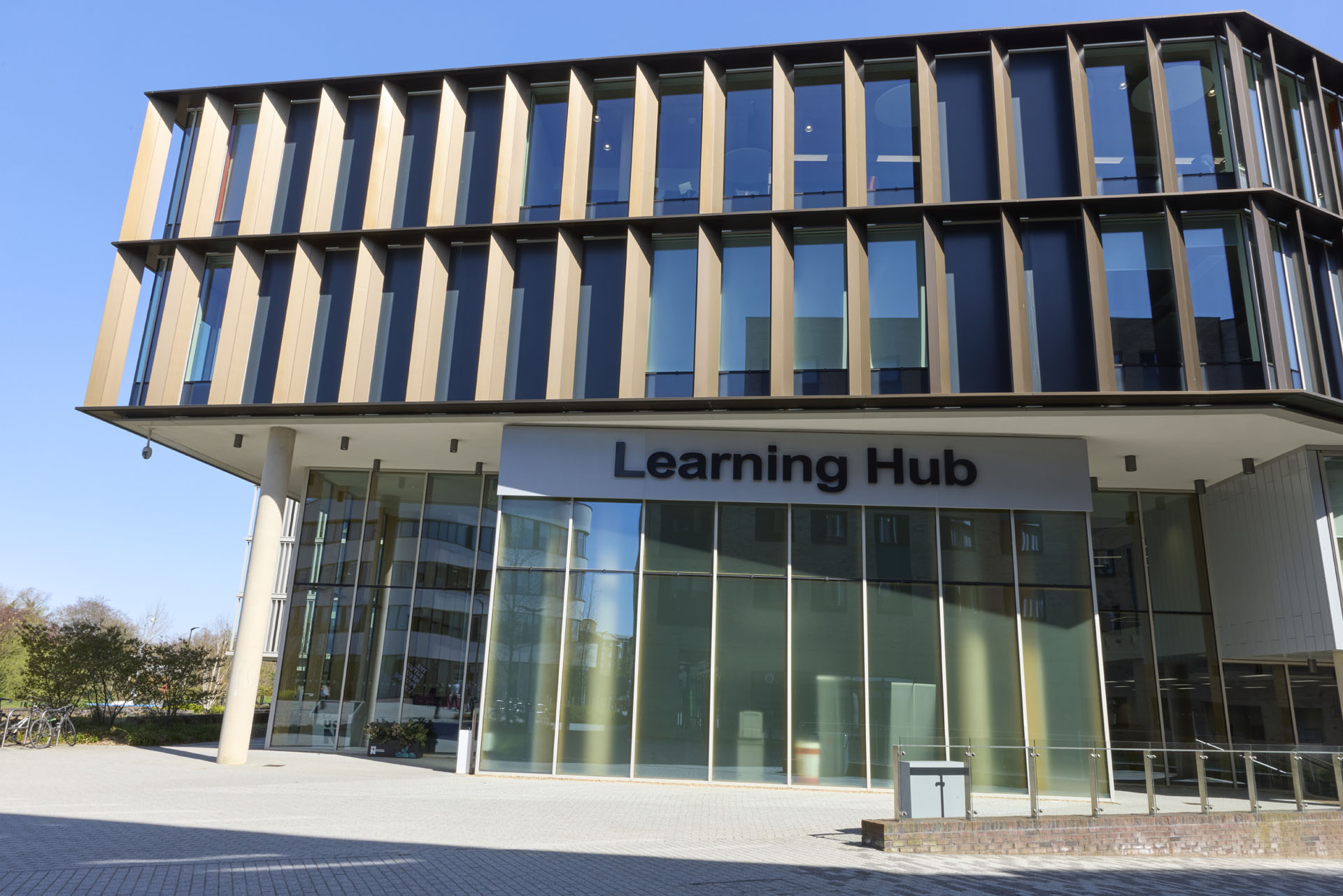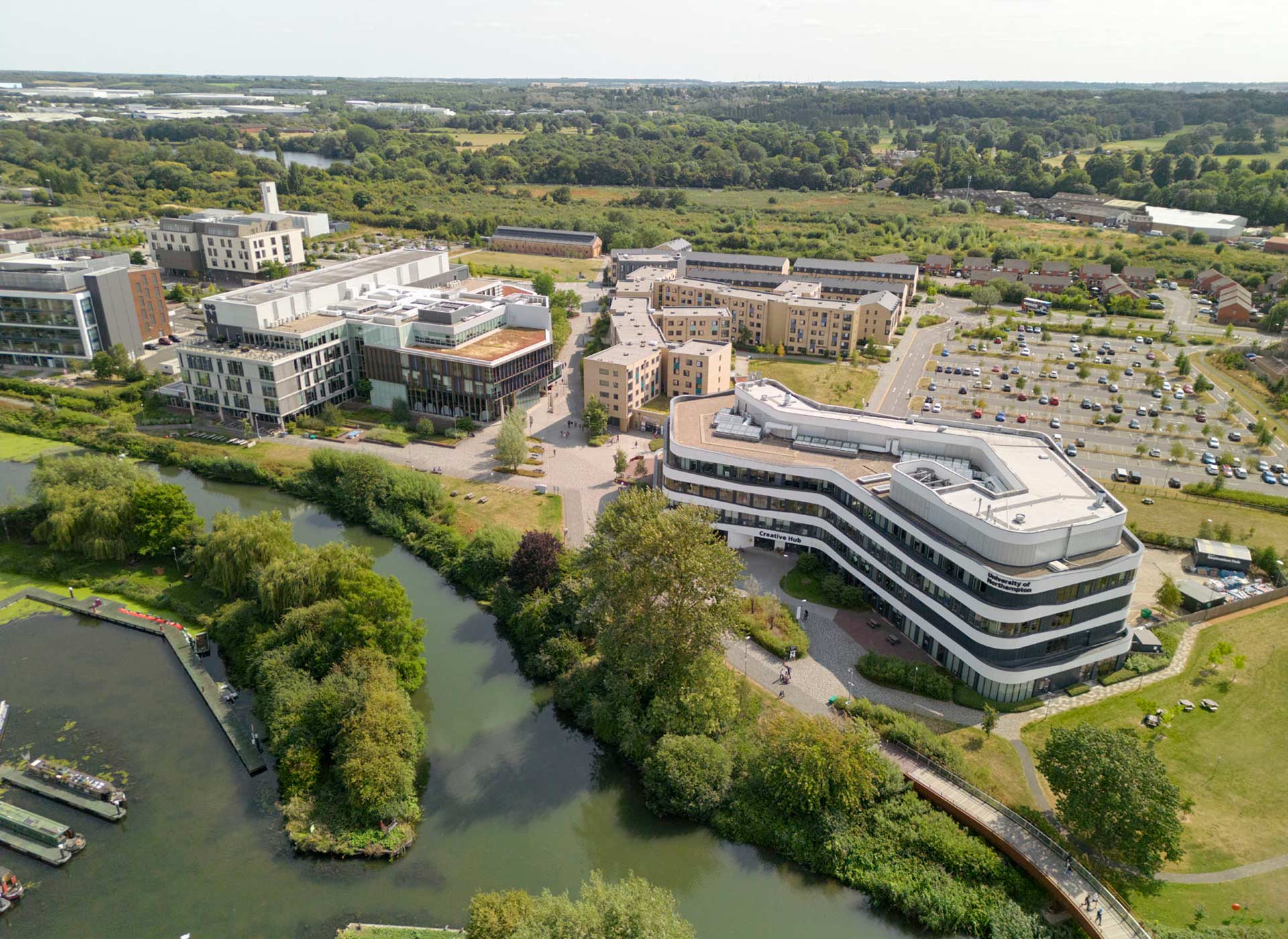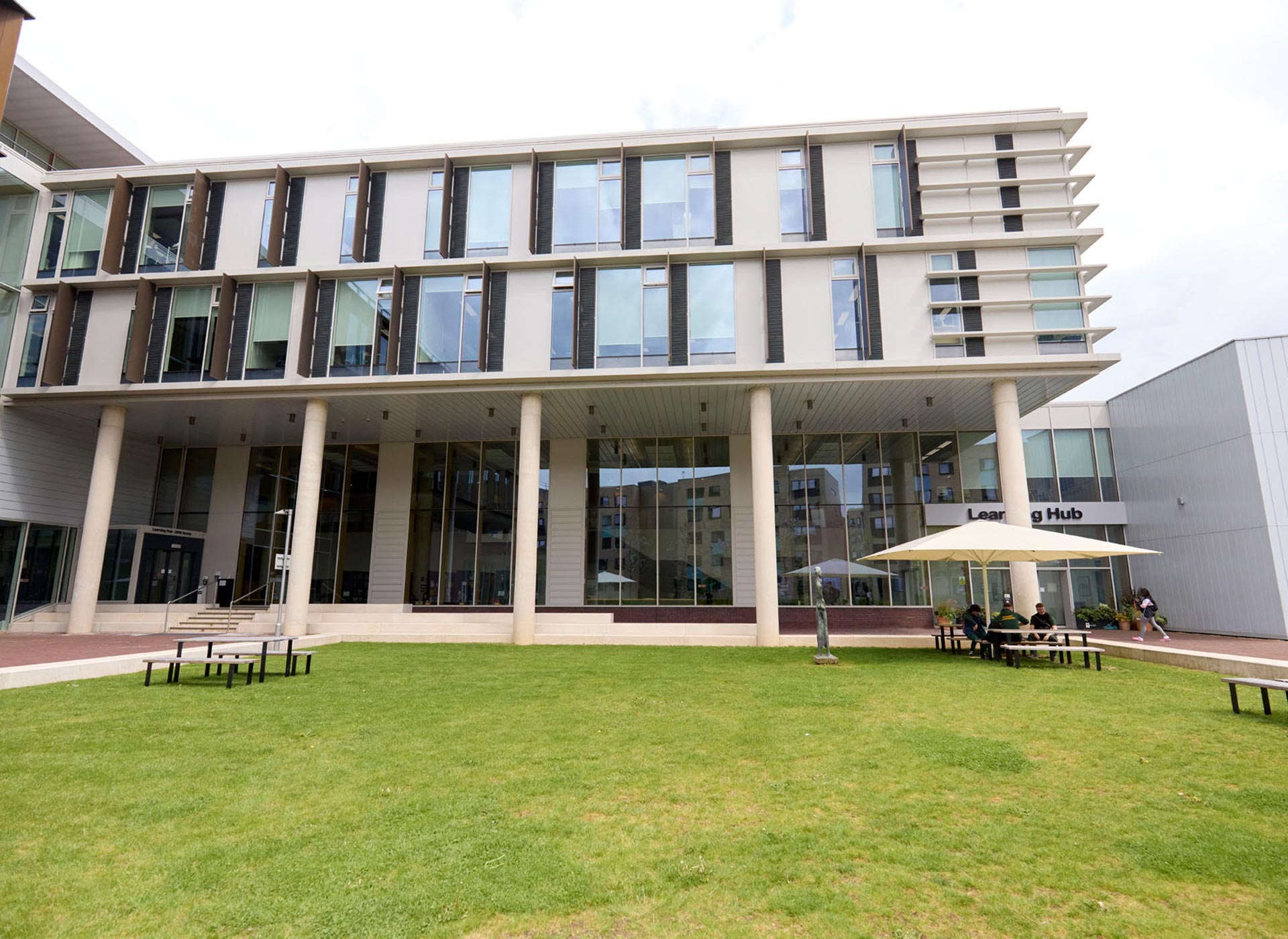Senior Lecturer in Education (CYF)
Faculty of Health, Education and Society

Education MA
Key Facts
-
Level
Master'sPG MA
-
Duration
1 year full time
2-5 years part time
1-3 years online
-
Starting
September, January
-
Full Time: £8,500
Part Time: £1,420 per 30 credits
Online: £1,265 per 30 credits -
Full time: £17,495
Online: £1,265 per 30 credits -
Location
Waterside, Distance Learning
Updated 27/03/2025
Updated 27/03/2025
Get in touch
For questions regarding study and admissions please contact us:
UK STUDENTS ENQUIRIES
study@northampton.ac.uk
0300 303 2772
INTERNATIONAL STUDENTS ENQUIRIES
Overview
Our Education MA program is designed to deepen your understanding of educational issues, policy, and practice whilst empowering you with the skills and confidence to lead evidence-based change in your own context. We encourage you to think critically and draw from your own experience to explore a range of themes, such as international perspectives, learning cultures and spaces, digital innovations, leadership, and health and wellbeing. You will discover the potential of education to enact positive change in both individuals and societies.
You can choose to study part-time or full-time for your MA Education on our Waterside Campus or 100% online from anywhere in the world. The online option is designed for UK-based or international education professionals looking for the flexibility to fit the timing of their studies around life and work commitments.
However, if committing to a full Master’s course doesn’t suit your busy schedule right now, there are options to study standalone modules and build towards an MA at slower pace, or even fast-track pathways for applicants with a PGCE, mentor training or NPQs. Contact cpd@northampton.ac.uk to find out more about these opportunities or click standalone modules for more information.
Join us in shaping a brighter future through informed and impactful education.
To apply for a September start, please click on the Apply Now button above; to apply for a January start, please click below.
January 2026
Highlights
- Flexible study modes and a personalised approach to learning
- An emphasis on contemporary and international educational themes
- A supportive international learning community that values sharing and belonging
- Engaging and enthusiastic lecturers helping you achieve your potential
- Opportunities for you to present and publish your research
- The chance to develop transferable academic and professional skills
- Fast-track pathways for applicants with a PGCE, National Professional Qualifications (NPQs), or Mentor Training for Initial Teacher Training (ITT)
Entry Requirements
To study our Masters in Education course, you will need an honours degree, usually at 2:2 or above, from a UK institution or equivalent.
If you have other qualifications and have recent professional experience of three years or more, you will also be considered. In this case you will be interviewed and asked to demonstrate that you have engaged with the broad field of education at graduate level or equivalent.
If you have master’s (level 7) credits from another course, including the PGCE, NPQH, or programmes run by University of Northampton, then it may be possible to credit these towards this degree.
For information on how to apply to study the MA Education degree with us, please see our How to Apply page.
Course Content
Fees and Funding
2025/26 Tuition Fees
Fees quoted relate to study in the Academic Year 25/26 only and may be subject to inflationary increases in future years.
- UK – Full Time: £8,500
- UK – Part Time: £1,420 per 30 credits
- UK – Online: £1,265 per 30 credits
- International – Full Time: £17,495
- International – Online: £1,265 per 30 credits
Staff
Careers and Employability
Master’s qualifications can give you the opportunity for higher level responsibility and senior posts within education, children’s services and further education.
This Master’s in education course addresses the needs of local authorities in the East Midlands as well as the government agenda for continuing professional development and the development of teaching as a research based profession.
An MA in education is a versatile degree for students in search of career paths beyond teaching. Although this Master’s programme equips you with skills and knowledge specifically within the field of education, it is not limiting but rather accommodates to other niche roles.
Some examples of the kind of work students can do following graduation include:
- School Counsellor
- Writer
- School leader
- NGO or charity leader
- Learning mentor
- Training or Development specialist
- Instructional designer




















